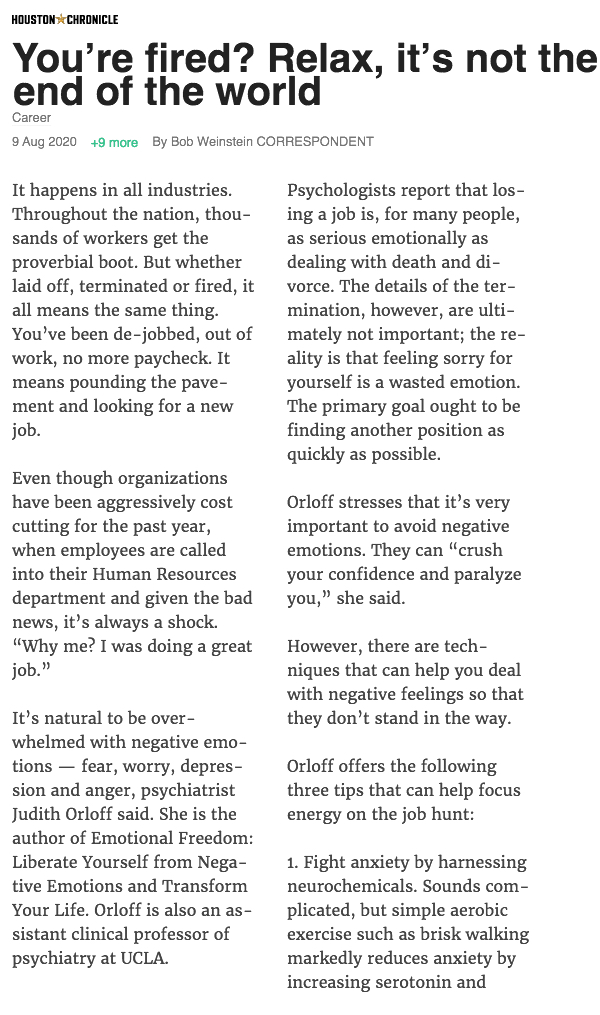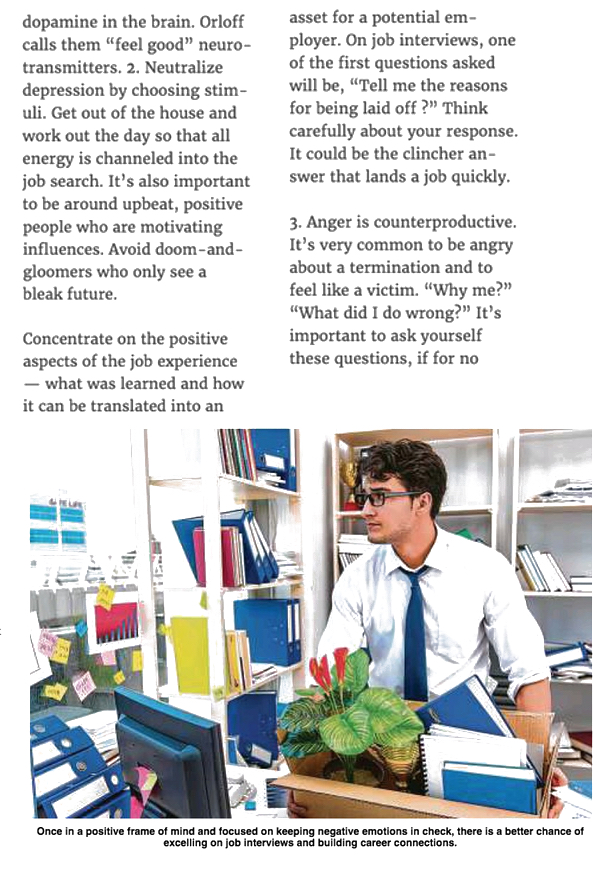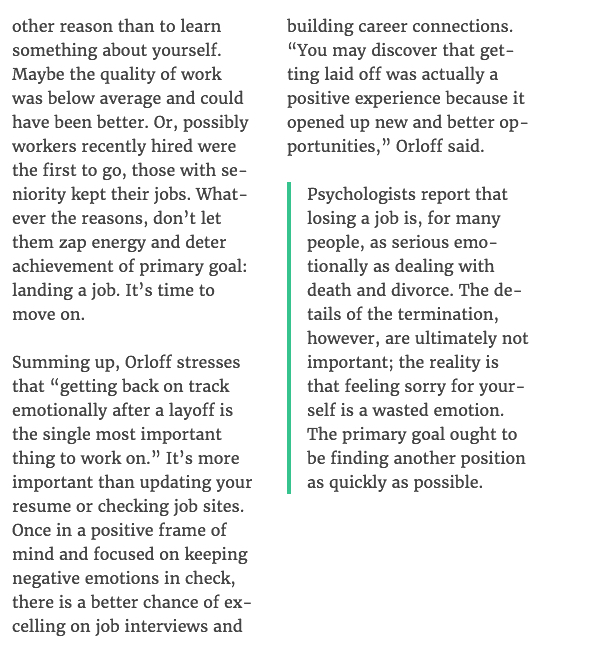


Healing Loss: The Difference Between Grief and Depression
In my book Emotional Freedom I write about the difference between depression and grief when dealing with a loss. Depression is an emotion to be consciously transformed; grief is a reaction to loss that can transform you. Loss comes in many forms: the death of loved one, a pet, a job, a relationship. It’s a stripping away of a potent connection, leaving an aching emptiness inside.
Depression can be a healthy stage of grieving, but people can get stuck there. What complicates grief is when it taps into early traumas or losses that contributed to depression. A chronically ill parent; a volatile divorce; death of close relative or friend. Your current grief is compounded by depressions that preceded it. Tip-offs that this is happening include: (1) Grief becomes mired in depression rather than evolving or resolving. (2) Old traumatic memories intrude on the present; you can’t get them out of your mind. In such cases, it’s imperative to obtain psychological assistance so you don’t become lost in the limbo of these feelings. Beyond this, stay aware of ingrained, depression-related negative beliefs that may get reactivated by the current loss.
In many patients and friends, I’ve seen grief catalyze an intuitive opening. Coping with a loss or death, in particular, tunes you into instinctual knowledge organically tied to the passage. Even if you’ve never considered the possibility of an afterlife before now, that question may become eminently relevant. Loss stimulates a part of you that may long to know. When grieving, notice any intuitions that lend insight. Pay special attention to dreams.
When facing loss, try to keep breathing deeply and trust the process as grief transforms itself and you. I picture grieving as riding the tail of a comet on its orbit compared to the downward arc of depression’s stubborn gravity. Meanwhile, addressing old issues related to depression, as well as listening to intuition, enables you to psychologically work through grief and accept loss more easily.


